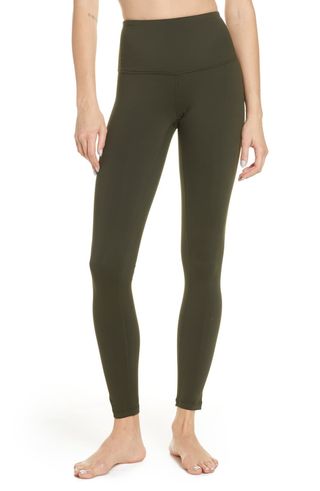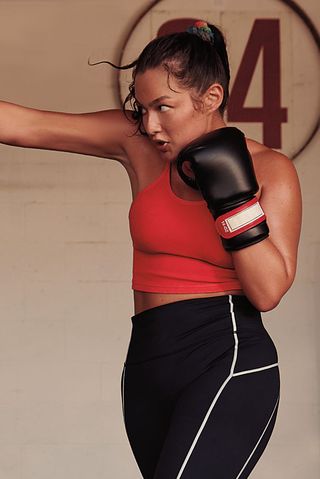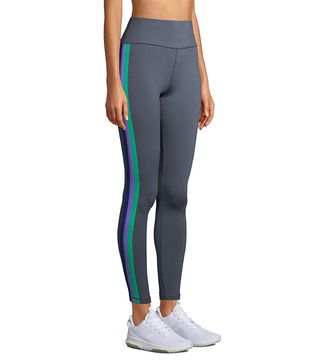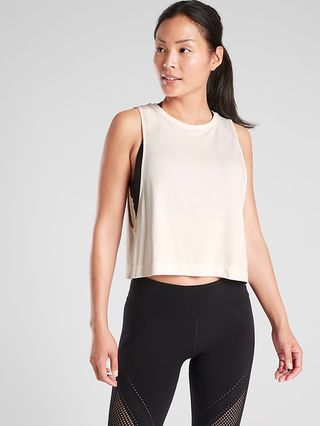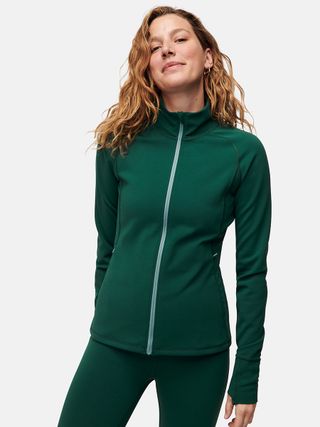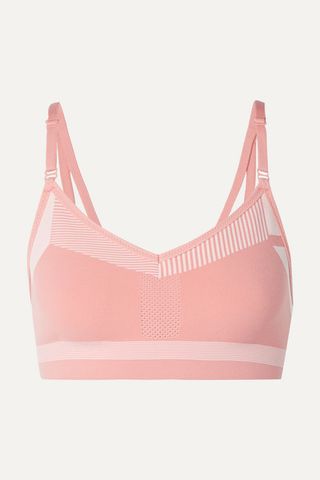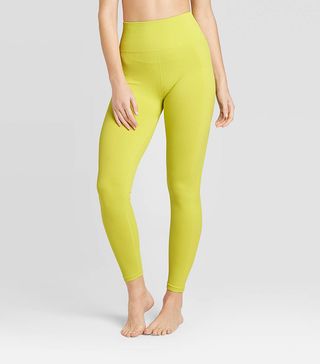3 Things You Should Know About Your Evening Workout

Often, when we try to set new workout goals, we try to squeeze classes and runs into the mornings. And it's easy to see why mornings are a great time to squeeze in cardio: You get it out of the way and reduce the likelihood of you canceling a workout commitment later on. But here's the thing: Some of us will never become morning people. If you're more likely to hit snooze than leap out of bed when your 6 a.m. pre–spin class alarm goes off, you may need to embrace the night workout.
Nighttime plans excluded, there's a reason people tend to lean towards morning workouts: Evenings are for winding down, and a high-energy workout doesn't match that idea. But studies have found that night workouts don't hinder sleep. Moreover, working out before bed can actually help increase your exhaustion and put you to sleep faster. But really, the biggest consideration should be which schedule—be it a.m. or p.m.—will make you most likely to actually stick to your routine.
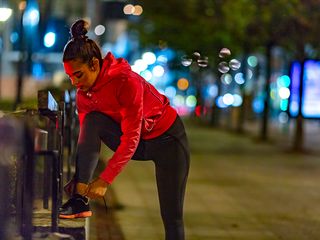
"Whenever you can squeeze in a workout, you should do it," says Pilates by Sylvia founder Sylvia Ostrowska. "Any exercise is better than no exercise. Try squeezing in 30 minutes of cardio a day, be that yoga, pilates, or a Zumba class." And while Ostrowska cited the same studies that say working out at night could help with sleep, she also pointed out a few other evening workout advantages that a.m. gym rats won't get…
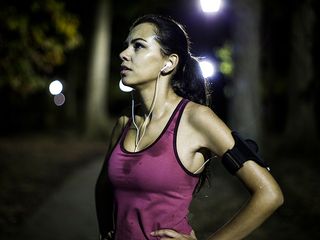
First, you don't have to worry about showering or changing after working out. With no work to go to, you're free to head home in your gym clothes, shower if needed, and climb into bed. This also takes away another stumbling block for those who find workouts in the morning hard: You don't have to worry about packing a gym bag with all the needed toiletries and clothes for the day. (Raise your hand if you’ve gotten out of the shower at the gym only to realize you packed everything but a clean change of underwear. Just me?)
Of course, depending on the location of your workout and your commute, you may have to remember to pack gym clothes when you leave in the morning. That being said, there are still fewer things required for a post-work workout, as you can head home right after.
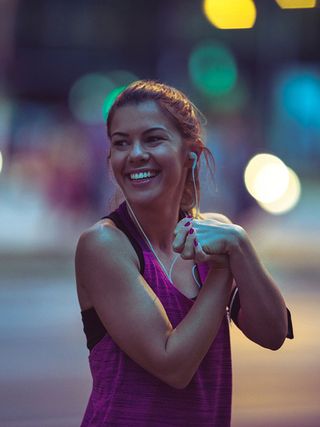
Secondly, Ostrowska points out that working out after work can be a great de-stressor, especially after a long day at work. Classes like Pilates or yoga, depending on the style, can also be relaxing while still giving you a good cardio workout. It also has the added benefit of being a post-work activity that can be free to low-cost, versus going out for happy hour or dinner, which can start out with the best intentions but end in spending $100 on craft cocktails.
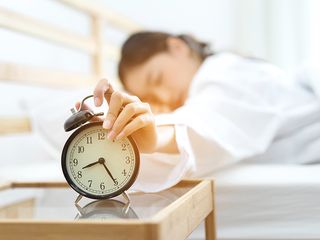
Finally, there's one really nice thing for night owls about working out at night: That alarm clock is going to go off a lot later. If you don't like mornings, you may be setting yourself up for a losing battle—and a lot of misery and skipped ClassPass fees—if you continually try to work out in the morning.
In the end, only you can decide if night workouts or morning workouts (or a mix of both!) is right for you. But if you love catching a few extra zzz's in the morning, feel free to set your phone alarm a little later. Just be sure to plan ahead and bring along your gym shoes if you'll need them for your post-work workout.
Whatever option you choose, you're going to need some gear. Check out our favorite activewear picks below.
Disclaimer
This article is provided for informational purposes only and is not intended to be used in the place of advice of your physician or other medical professionals. You should always consult with your doctor or healthcare provider first with any health-related questions.
-
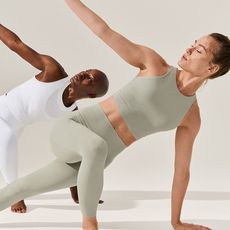 I Live for Yoga and Pilates—These Are the Pieces That Help My Flow
I Live for Yoga and Pilates—These Are the Pieces That Help My FlowTake notes.
By Humaa Hussain
-
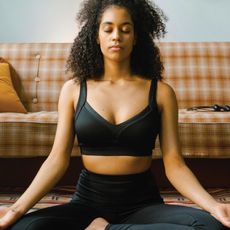 It's Time to Get Our Nutrition in Check for Summer—This App Is Making It Easy
It's Time to Get Our Nutrition in Check for Summer—This App Is Making It EasyThe recipe ideas are endless.
By Who What Wear
-
 If You're Battling With Digestive Issues, This Could Be Why
If You're Battling With Digestive Issues, This Could Be WhyTurns out, you may not have IBS after all.
By Kia Topps
-
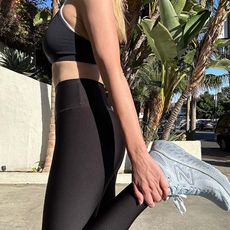 Our Editors Own a Lot of Sneakers, But This Pair Comes in First Place Every Time
Our Editors Own a Lot of Sneakers, But This Pair Comes in First Place Every TimeA major win.
By Aniyah Morinia
-
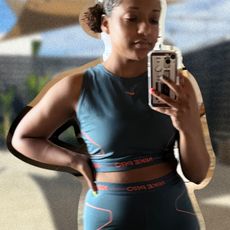 I Changed My Mind About Strength Training When I Tried This Workout
I Changed My Mind About Strength Training When I Tried This WorkoutMy confidence is officially on 10.
By Kia Topps
-
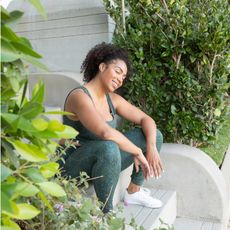 This Type of Gear Will Take Your Workout to the Next Level
This Type of Gear Will Take Your Workout to the Next LevelBring it on.
By Sarah Yang
-
 6 Essential Oils That Will Heal Your Painful Sunburns
6 Essential Oils That Will Heal Your Painful SunburnsAll-natural relief ahead.
By Samantha Parsons
-
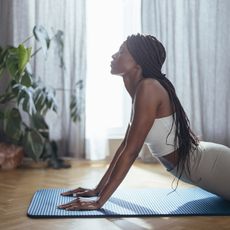 The Activewear Accessory That Can Change Your Yoga Practice
The Activewear Accessory That Can Change Your Yoga PracticeIt's so helpful.
By Sarah Yang
